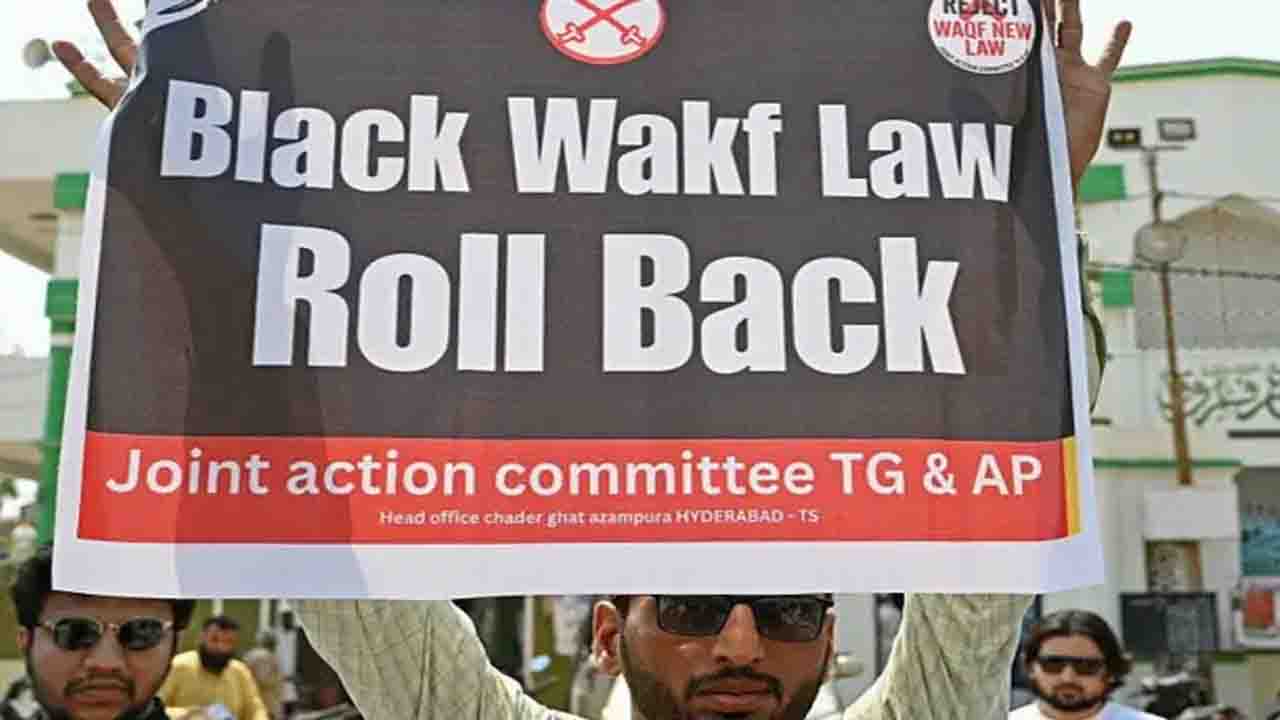Three Indian and two Chinese students have filed a lawsuit against the U.S. Department of Homeland Security (DHS) and other immigration officials, accusing them of unlawfully and unilaterally terminating the F-1 student visa status of hundreds, possibly thousands, of international students. The lawsuit was filed by the American Civil Liberties Union (ACLU) in the U.S. District Court in New Hampshire.
According to the petition, the sudden termination of F-1 status has left the students without lawful immigration status, exposing them to the risk of immigration detention and deportation. In addition, the lawsuit alleges that the affected students are enduring severe financial and academic hardship.
The students claim they have maintained compliance with all F-1 visa requirements, including steady academic progress, no unauthorized employment, and no serious criminal convictions. Despite this, their visa status was revoked without the prior notice that is legally required.
Indian student Linkhith Babu Gorrela, whose graduation date is set for May 20, stated in the petition that the loss of his F-1 status means he cannot obtain his degree or participate in the Optional Practical Training (OPT) program—a key opportunity for international students to gain work experience after graduation. Fellow Indian students Thanuj Kumar Gummadavelli and Manikanta Pasula are also affected, with only one semester left to complete their Master’s degrees. Their academic future now remains uncertain without judicial intervention.
Chinese student Hangrui Zhang has lost his research assistantship, his only source of income, due to the visa termination. Another Chinese student, Haoyang An, is being forced to abandon his Master’s program despite already having invested $329,196 in his U.S. education.
The lawsuit seeks to represent not only these five students but also a broader class of international students who may have been similarly affected. The plaintiffs are urging the court to intervene and restore their F-1 status to prevent further academic disruption and legal consequences.






